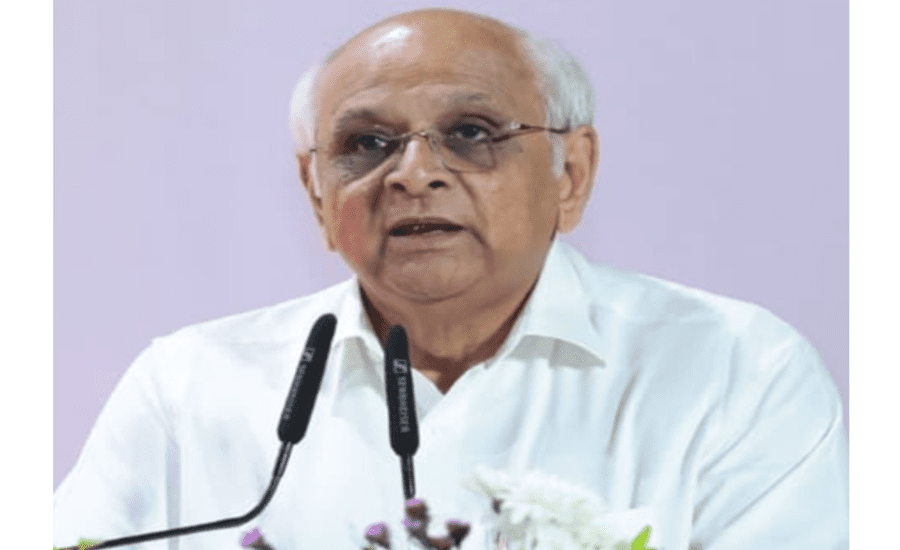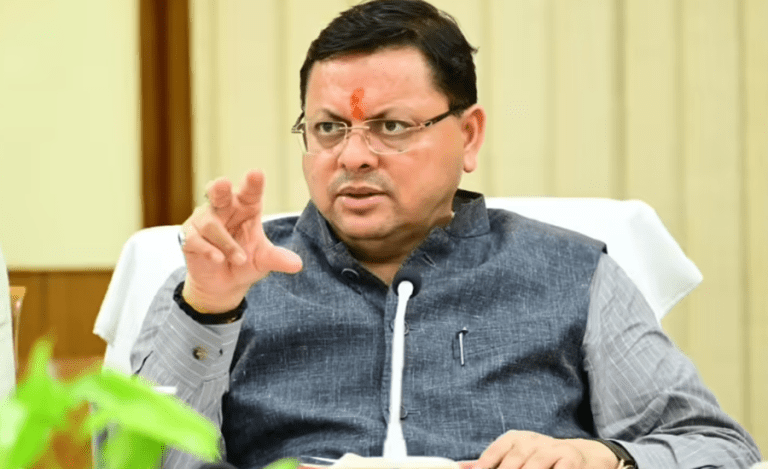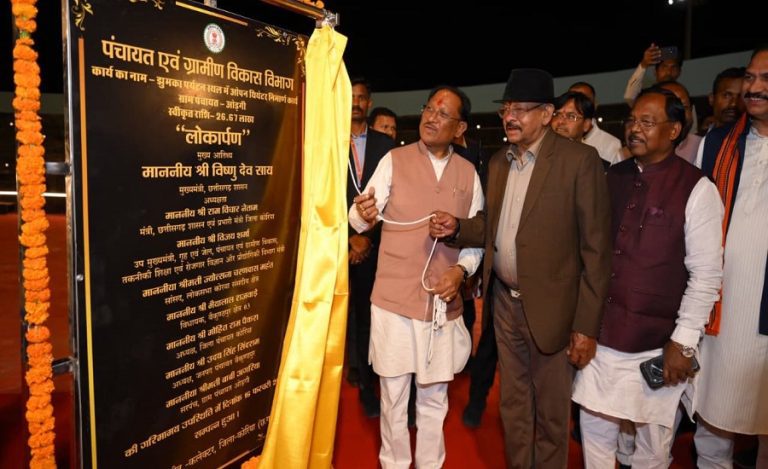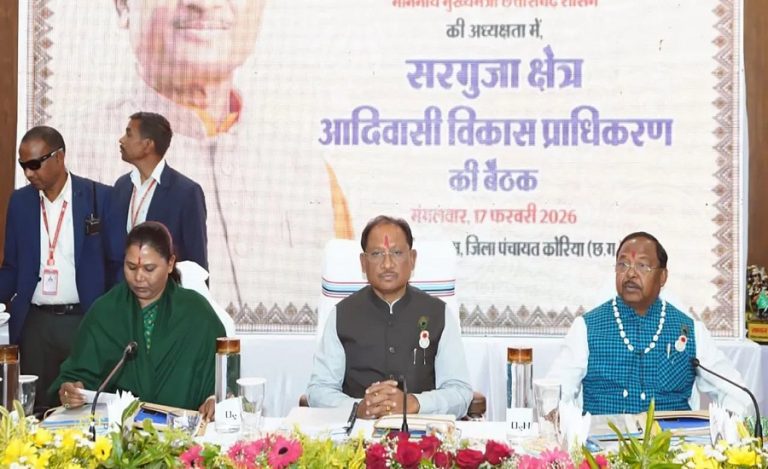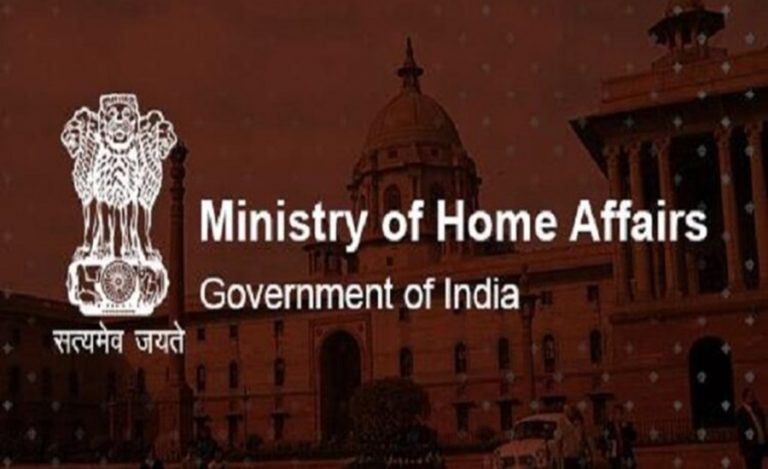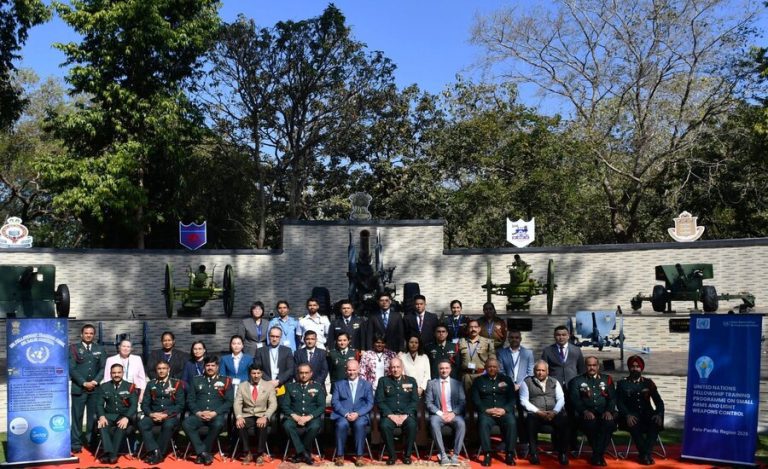Gujarat Chief Minister Mr. Bhupendra Patel has announced a significant increase in the financial powers of municipalities, raising their sanctioning limits by 50 percent. This move, described as a landmark in administrative simplification, is aimed at ensuring faster approvals and timely execution of civic projects funded through state schemes and decentralised district planning grants.
Faster Approvals and Quick Grant Disbursal
Under the new framework, once a municipal committee approves a project, the Regional Commissioner of Municipalities (RCM) will be required to release 100 percent of the sanctioned grant in two instalments within just five days. This system is designed to eliminate delays and ensure maximum utilisation of government funds for public welfare.
Revised Financial Powers for Municipal Classes
The revised sanctioning limits for municipalities are as follows:
- Class ‘A’ municipalities: Up to Rs. 70 lakh (earlier Rs. 50 lakh)
- Class ‘B’ municipalities: Up to Rs. 50 lakh (earlier Rs. 40 lakh)
- Class ‘C’ municipalities: Up to Rs. 40 lakh (earlier Rs. 30 lakh)
- Class ‘D’ municipalities: Up to Rs. 30 lakh (earlier Rs. 20 lakh)
This enhanced financial empowerment is expected to accelerate public utility and welfare projects, improving service delivery at the grassroots.
Building on Urban Development Legacy
The Chief Minister announced the reform as part of his initiative to mark 2025 as the ‘Year of Urban Development’. This continues the legacy of Prime Minister Mr. Narendra Modi, who, as Gujarat’s Chief Minister in 2005, had pioneered structured urban development by dedicating a year to the cause.
Stronger Urban Governance and Citizen-Centric Growth
According to officials, the decision will strengthen municipalities by enabling them to act swiftly on local needs. Legislators and local body leaders had long demanded higher financial powers for municipalities, and this decision reflects the government’s commitment to responsive governance.
Mr. Patel highlighted that the step aligns with Gujarat’s broader development philosophy of ‘Earning Well – Living Well’, ensuring better urban amenities and improved living standards for citizens.

